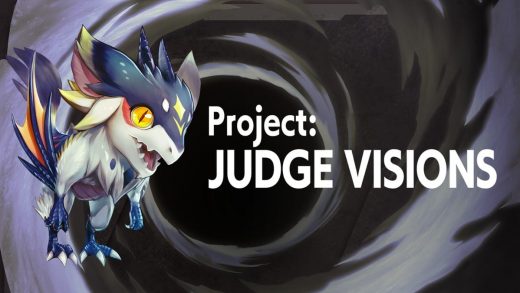
“America’s education system has been hijacked by one side,” Marissa Streit, PragerU’s CEO, told Time earlier this month.
Some of the ads found by MMFA on Facebook and Instagram encourage users to sign petitions to allow PragerU’s materials in schools. Others direct to some of the organization’s videos with accompanying text accusing teachers of promoting “radical ideas about gender, race, and anti-Americanism.”
Though conservative views on social issues have long held sway on the US right, pundits and politicians have begun to specifically focus on niche issues surrounding schools and education, such as transgender student athletes and critical race theory. Critical race theory—a field of academia that analyzes how issues of race permeate throughout society, including in laws and other systems of power and governance—became a major flashpoint during local elections starting in 2021. Conservatives labeled almost any education that touched on racism or the American history of slavery as part of the field. All of these issues have become major talking points—and even litmus tests—for conservative presidential candidates, including Florida Governor Ron DeSantis, to galvanize their supporters with the fear that their children will be “indoctrinated” by public education. By packaging conservative ideas this way, it turns social issues into questions of educational quality.
“[PragerU] represents a powerful force in the current culture wars,” says Lawrence Rosenthal, chair of the Center for Right-Wing Studies at the University of California, Berkeley. “They’re a part of a world that believes … that the institutions beyond politics—the media, education and increasingly corporate culture—are dominated, in their view, by left-wing ideology.”
Rosenthal compares using Prager’s educational materials to schools in the early 20th century in states that outlawed the teaching of evolution. “Those children grew up not knowing the kind of basic science that children in other states and around the world grew up learning,” he says.
Advertisements that fall into the category of “social issues, elections, or politics” are supposed to be labeled and cataloged on Meta’s advertising library, meaning that anyone can look up what an ad said, how many people it reached, and how much an organization spent to promote it. Advertisers must also go through a special verification process in order to run these types of ads. The onus is upon advertisers to properly categorize their own ads, but if Meta finds that the advertiser has miscategorized their ads, the company can remove them.
Much of Meta’s advertising review system is automated, though in some cases ads are reviewed manually. “Reviewing ads from millions of advertisers globally against our advertising standards is essential, but not without challenges,” says Meta spokesperson Erin McPike. “Our integrity teams continue to monitor, identify and enforce on ads, pages, and accounts that violate our policies. Taking actions like these helps our integrity systems become more effective in detecting and removing violating content.”
McPike says that if the company finds an organization is violating its policies it can also restrict the ability to advertise in the future, or take down accounts altogether.


